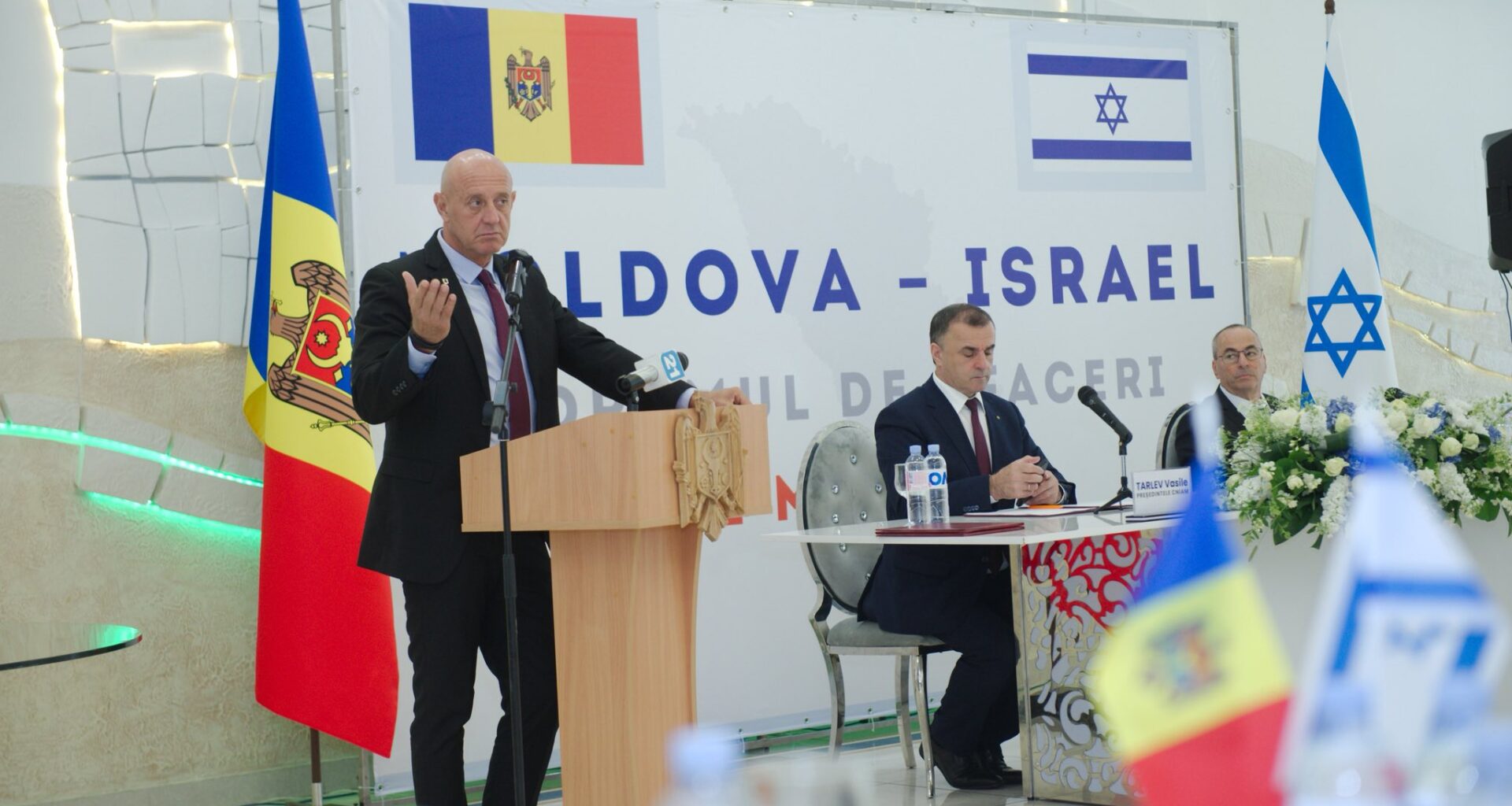On the night of July 5-6, 1949, the Soviet regime deported tens of thousands of people, including women, children and the elderly, to Siberia, where they were taken to concentration camps and their property confiscated. It is estimated that at least 11 thousand families – more than 35 thousand people in total – were deported in the so-called “Operation South”, the aim of which was to deport large numbers of people considered “enemies of the people” or “socially dangerous elements”.
The more than 35 thousand people were loaded onto wagons in just a few hours and taken to forced labor camps. Children, women, the elderly and the best householders were deported, pregnant women and the disabled were not spared. Some returned years later, others never made it.
Historians say that decisions on repression were taken by the leaders of the Soviet party and government and were accepted at the highest level, personally by Stalin and a small circle of associates. On the one hand, the deportations were legally formalized, decrees of the USSR Supreme Council, resolutions of the USSR Council of People’s Commissars, State Defense Committees were adopted. On the other hand, all these decisions contradicted the Constitutions of the USSR and the Constitutions of the Union Republics, and were therefore initially illegal.
The repression was also aimed at uprooting masses of people from their stable environment and placing them in a new, unusual and risky context for their survival. The new settlements were thousands of miles away from their places of birth, so the entire repressed contingent was subjected to a ferocious process of desocialization and denationalization.
July 6 is a day of national mourning in Moldova, with rallies commemorating the victims of Stalinist deportations.
In August 2013, the “Train of Pain” monument was inaugurated in Chisinau in memory of the victims of deportations by the communist regime. The bronze work, created by sculptor Iurie Platon, is dedicated to the tens of thousands of Moldovans deported in 1940-1953. The location of the monument in the capital’s railway station square has a special connotation: it was from here that most Bessarabians were forcibly taken to Siberia and Kazakhstan.
The holdings of the National Archives Agency contain photographs and documents relating to the life histories of several deportees who lived in different parts of the country, were of different nationalities and occupied different social positions.
In 2023, in memory of the victims of the second wave of Stalinist deportations, the exhibition “Bessarabians in the Gulag” was set up in the Great National Assembly Square. Two train carriages identical to those used by the Soviets for the deportations have been set up, displaying objects used by deportation victims who endured the stifling and hallucinatory conditions during three weeks of agonizing travel, culminating in the freezing cold of Siberia. Last year, the exhibition was renamed “Train of Pain” and presented in a new format, with digital and graphic elements, multimedia content, objects, photos and stories from the lives of the deported families. The second edition was visited by almost 20 thousand people.
A total of three mass deportations from Moldova were organized: in June 1941, July 1949 and April 1951.
___
The material is part of the IPN campaign “History-making Events”.
IPN News Agency is an exemplary, free and independent media institution with a history of over 20 years. IPN is a media institution of public utility and a journalistic expression of the effort to consolidate democracy and modernization of the Republic of Moldova.
Every year, IPN produces over 9,000 news and journalistic materials in Romanian, Russian and English, organizes over 500 debates, broadcasts and press conferences, provides exclusive photos from over 500 public events and has the largest network of subscribers – state and local government institutions, embassies and international organizations, national and international media institutions, NGOs, etc.
IPN Agency manages the online platform ipn.md and is present on Facebook, Instagram, Telegram, X, TikTok, Youtube.
Come to IPN – where information is treated responsibly and everyone is free to speak.
Contact:
Tel.:068888261
[email protected]
